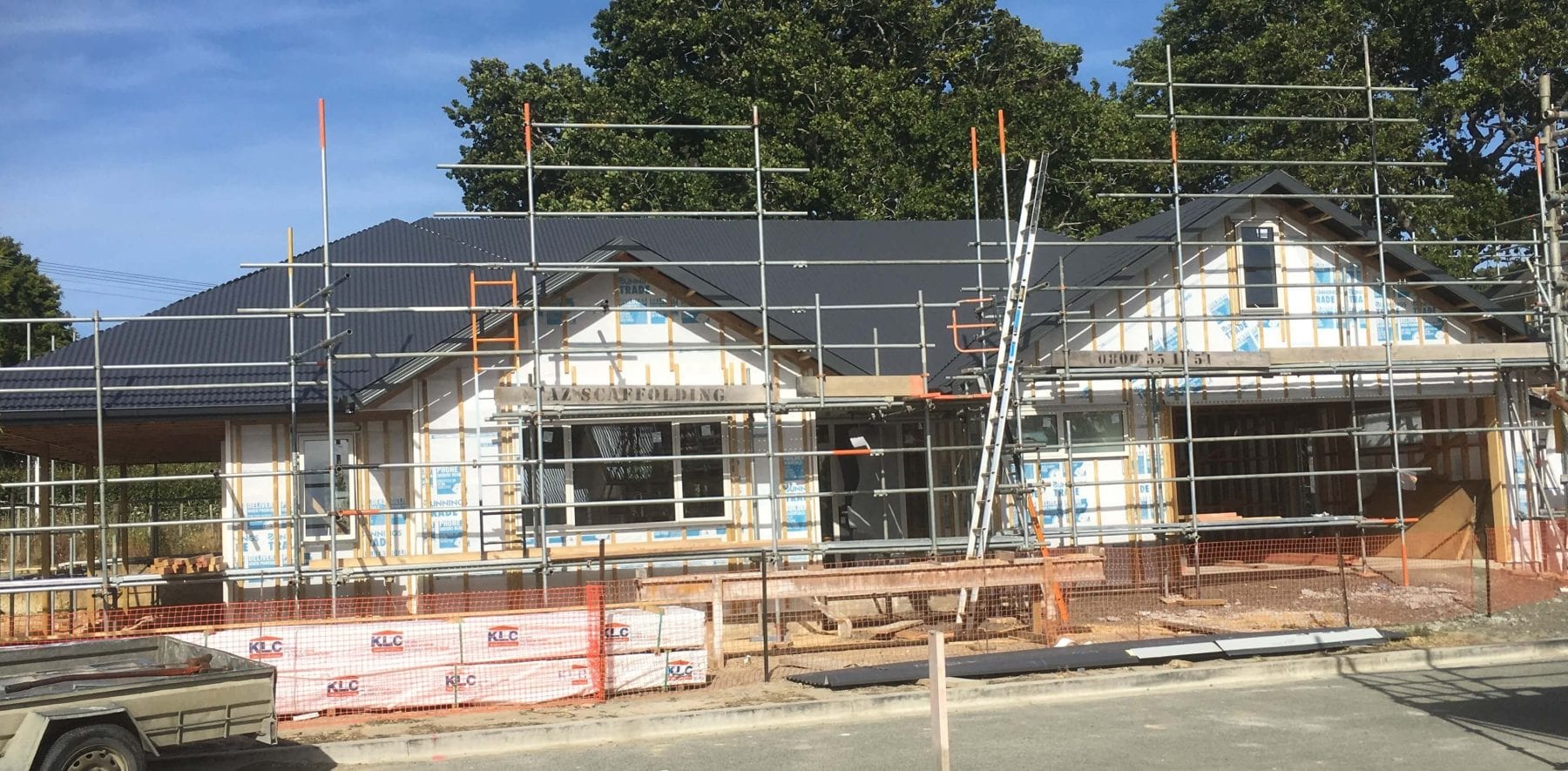Contract works (also known as builders risk) insurance insures your building work in case of accidental damage or loss. The sum insured typically starts with the contract price and then includes an allowance for inflation among other things. But in the current market, with prices on some key materials increasing by more than 50% in less than a year, this allowance may not be enough.
It’s a basic requirement that you nominate a sum insured for your insurance policy. When it comes to building work this is typically the value of the builder’s contract (including all their sub-contractors and materials), plus any components supplied by the owner, for example tiles, kitchen appliances or bathroom vanity, that the builder will incorporate into the works. If a homeowner is attempting to project manage their own construction work the sum insured must include all the input costs from contractors and materials as well as a market rate for any hours of labour provided free by friends or family.
Contract works insurance includes a range of “post-loss allowances”, which are items that the policy covers in addition to the sum insured. These are things like the cost of demolition and professional fees if there is a claim. There are also allowances for inflation during the build and cost escalation during any reconstruction after a claim. These amounts are typically around 5% of the contract works value by default. However, they may not be sufficient in the current high inflationary environment, particularly if project timeframes are extended, since inflation has a greater effect the longer the project takes.
Make sure you set these allowances at a level sufficient to cover the rebuild cost of your project if there is a significant claim. While insurers will charge more to increase these amounts that’s a small price to pay compared to being underinsured.
Ordering Materials Early?
With prices rising and supply chains stretched it’s tempting for builders to pre-order the materials they need to get a lower price. Those materials will need to be stored somewhere and are then at risk of being stolen or damaged. Contract works insurance includes a substantial allowance for materials stored off site, but the cover only begins when work starts on site. If you’ve bought materials in advance these will need to be insured elsewhere until the project commences. A commercial material damage or mobile business assets policy should cover them, but check with your insurer as they may impose additional conditions (particularly for theft). Homeowners should speak to their contents insurer about getting them covered.
Project Completion Delayed?
If your project is delayed, which is not uncommon with the current supply chain challenges the industry is facing, make sure your contract works insurance is extended. This is a common oversight by homeowners who are getting alterations done and are usually responsible for arranging the insurance for the project. If a claim happens after the end date on the policy there may be no cover.
In a Nutshell
Check that the sum insured on your contract works policy is adequate, Also be sure that the allowances for inflation and cost escalation are sufficient if there is a claim towards the end of your project. If you’re pre-ordering materials these may not be covered by your contract works insurance, so they need to be insured elsewhere. Finally, if your project is delayed make sure your contract works policy is extended.
The information presented in this article is general in nature and not intended to be financial advice for individual situations. You should speak to an expert about your specific circumstances and needs.




